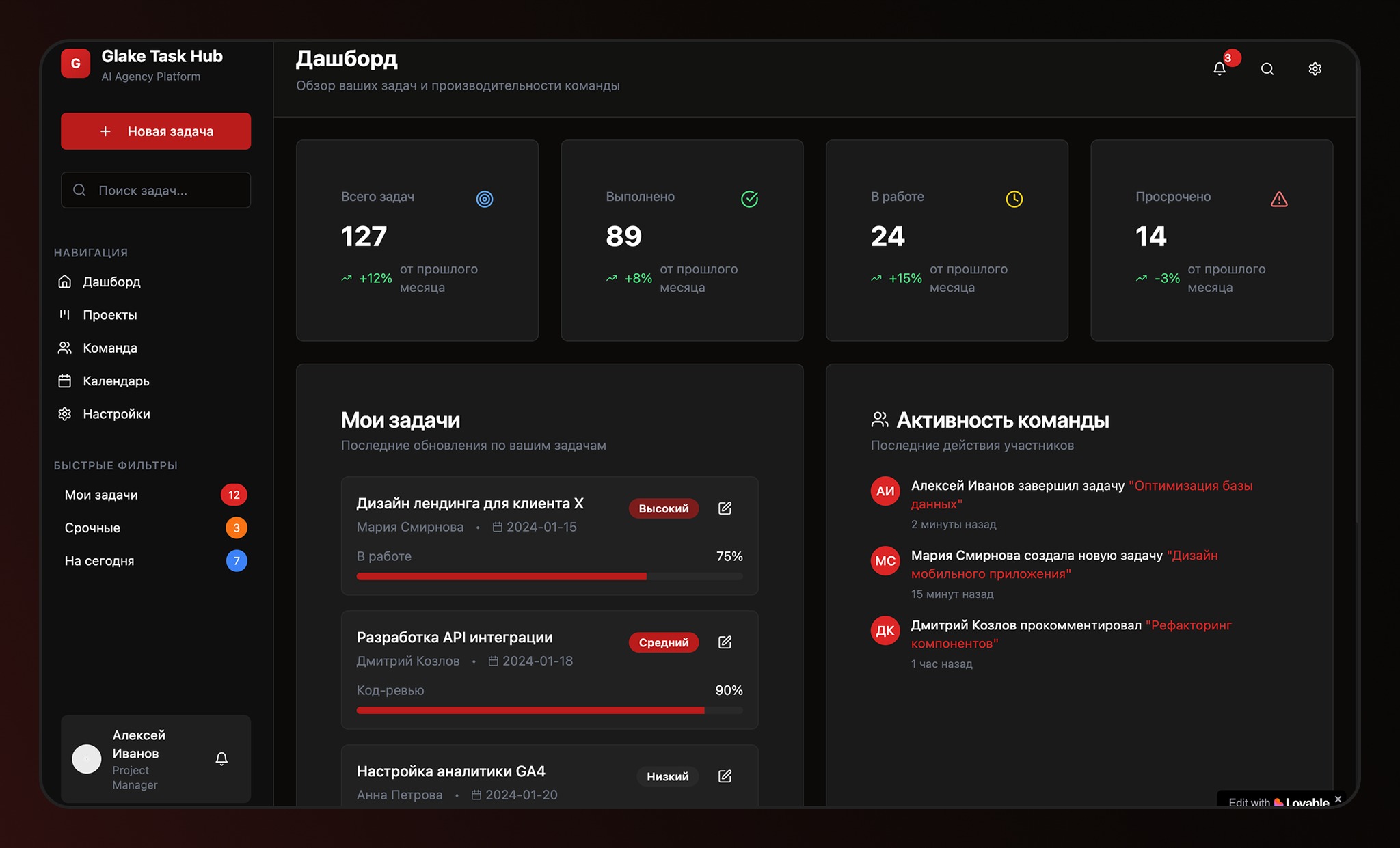Climate change is not just about heat. One of the most devastating consequences is flooding caused by rainfall, which is becoming increasingly heavy and frequent. A new study warns that climate models that warned of these impacts are underestimating the effects of global warming. In other words: The intensity of the rain will increase faster than we expected.
“Our study confirms that the intensity and frequency of extreme precipitation events increases exponentially with each increase in global warming,” explains Max Kotz, lead author of the study and member of the Potsdam Institute for Climate Impact Research (PIK). The study was published this week in Climate Journal.
PIK researchers analyzed extreme daily precipitation over land in 21 modern climate modeling (CMIP-6). They compared predicted changes with historical ones. The method they used relied on pattern filtering techniques, which allowed them to separate which changes in rainfall were due to human-caused climate change and which were not.
Most land areas are experiencing an increase in both the intensity and frequency of precipitation. But according to the study, they are especially strong in tropical regions. Also in high latitudes, for example in Southeast Asia or northern Canada.
Benefits of knowing the impact of climate change on rainfall
Current latest generation models they underestimate influence in a “significant and significant” sense, scientists emphasize. “Our results show that these consequences may be much worse than we thought. Extreme rain events will be more intense and frequent. Society must be prepared for this,” Anders Levermann, head of the PIK department and co-author of the study, explained in a statement.
Changes in the frequency and intensity of daily extreme precipitation have economic and social consequences. “But also the presence of groundwater, which can lead to significant human casualties and financial losses,” the researchers say.
Another study published in October warns that Atlantic hurricanes are now more than twice as likely to intensify rapidly. Warming sea surfaces are making small hurricanes increasingly powerful and potentially catastrophic events. For example, last August, Hurricane Lee moved from Category 1 (with wind speeds of 129 kilometers per hour) to Category 5 (249 kilometers per hour). And this is in just 24 hours.
“The good news is that this makes it easier to predict the future of extreme precipitation events,” Levermann said. And in this way, the authorities and the population will be able to prepare faster and more timely. Bad news?: “It will get even worse if we continue to raise global temperatures through greenhouse gas emissions.”

Rain damage
Another study found that more than 64% of the damage caused by climate change worldwide is due to storms and heavy rainfall. The researchers looked at 185 natural disasters that occurred between 2000 and 2019 that were most likely linked to the climate crisis. Analysis published in a scientific journal Natural communicationsreports that damages average $140 billion per year.
A European Union report says that in this region alone, about 170,000 people are at risk of flooding every year. By the end of the century, this number could increase to 480,000. due to climate change, says the European Commission’s Directorate-General for Action on Climate Change.
Next Thursday, November 30, COP28, the UN Climate Change Conference, starts. This is the most important case of global discussion on the issue. Leaders of governments and organizations will meet in Dubai, a meeting that will last until December 12 in Dubai. The main goal of the meeting, as every year, is is to revise plans to reduce emissions of polluting gases, the main factors of global warming.
Source: Hiper Textual












